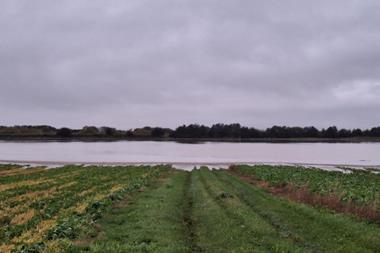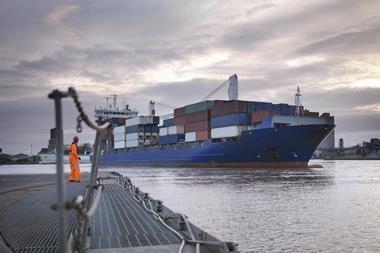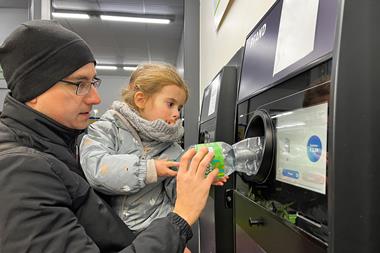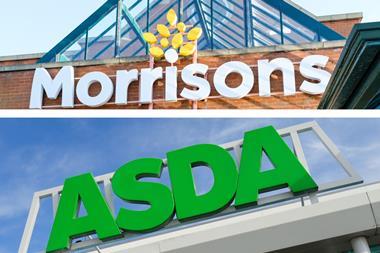
We were seemingly stuck in neutral, but alarmingly, the UK is now shifting into reverse gear when it comes to addressing key environmental and social issues. I used to get frustrated by inaction from governments and incremental action by many companies.
Yet in the last few weeks we have been hearing decisions that reverse moves to address climate, health, environmental and animal welfare concerns. The gap between government action and the real issues facing communities and businesses is staggering.
The trickle of unwelcome news is fast becoming a flood. The government has been backtracking on environmental action, including delaying Extended Producer Responsibility, ditching plans to introduce mandatory food waste regulation and criticising measures to improve air quality. Most disturbing have been announcements of new oil and gas licences for the North Sea. This latest move does all but eradicate any pretence of UK leadership or care for our future wellbeing. Under a torrent of backtracking, sustainability commitments become nothing but meaningless lip service.
But it doesn’t stop with regressing on the green agenda. The UK government has also reined back on animal welfare commitments and made a u-turn on the HFSS clampdown. Why this sudden reversing manoeuvre? There are at least four drivers: political ideology, the short-term nature of political cycles, food-related issues not being seen as a vote winner, and finally a lack of political ownership because these issues cut across so many different government departments.
One of the challenges in the Efra Committee Food Security report was that the UK government should review how best to make decisions. I couldn’t agree more. Decision-making needs to go beyond short-term, often misguided, attempts to garner votes. Instead it should reflect the current, lived realities of ecological collapse and injustice, as well as future impacts.
Food companies should not take government reversals as a mandate to be similarly sluggish. Do not make the mistake of ignoring reality. In the absence of government leadership, we all need to step up and fill the void.
That’s not a carte blanche for grocery giants to seize more power. But there are things food company leaders can do. Stick to your values. Don’t make commitments in an attempt to win customers, and then backpedal when you think people might be looking the other way. When the going gets tough, follow through with decisions that will contribute to a flourishing future.
We mustn’t accept the government effectively waving a white flag to a safe, healthy future. But opposition parties haven’t been strong enough either. And neither have companies in the food sector, who need to be more vocal in calling for bolder ambition, tougher standards and positive action.



















No comments yet